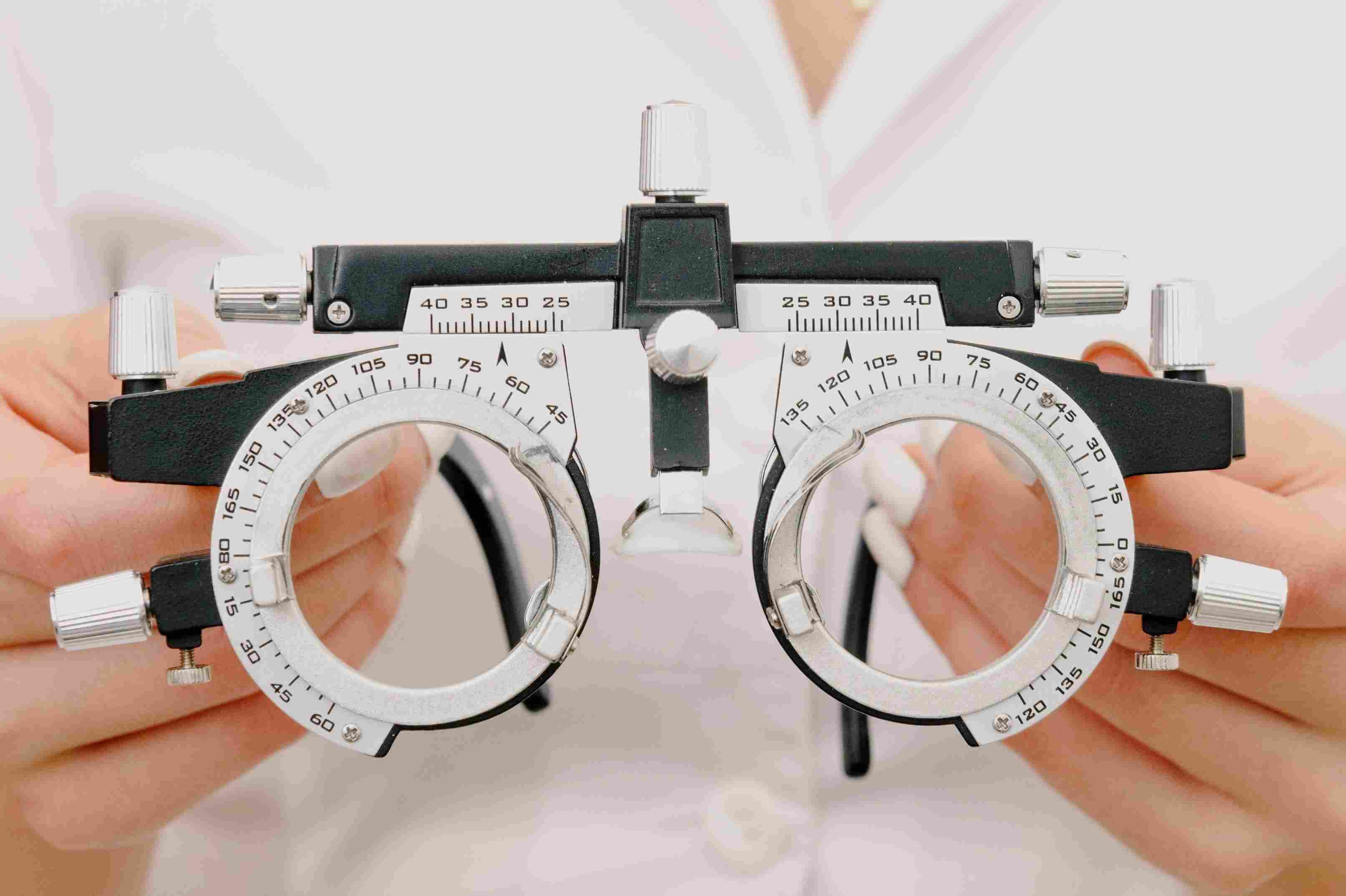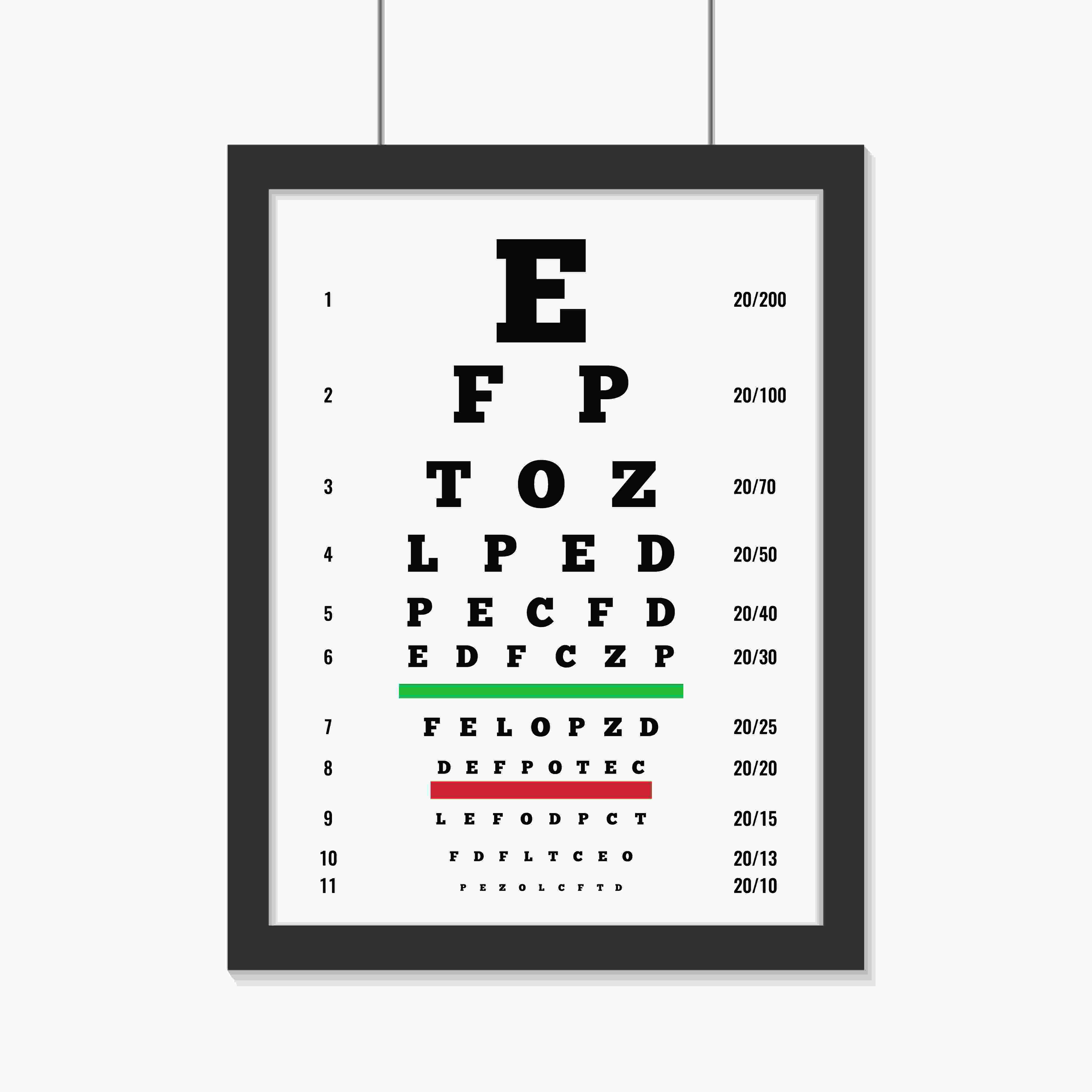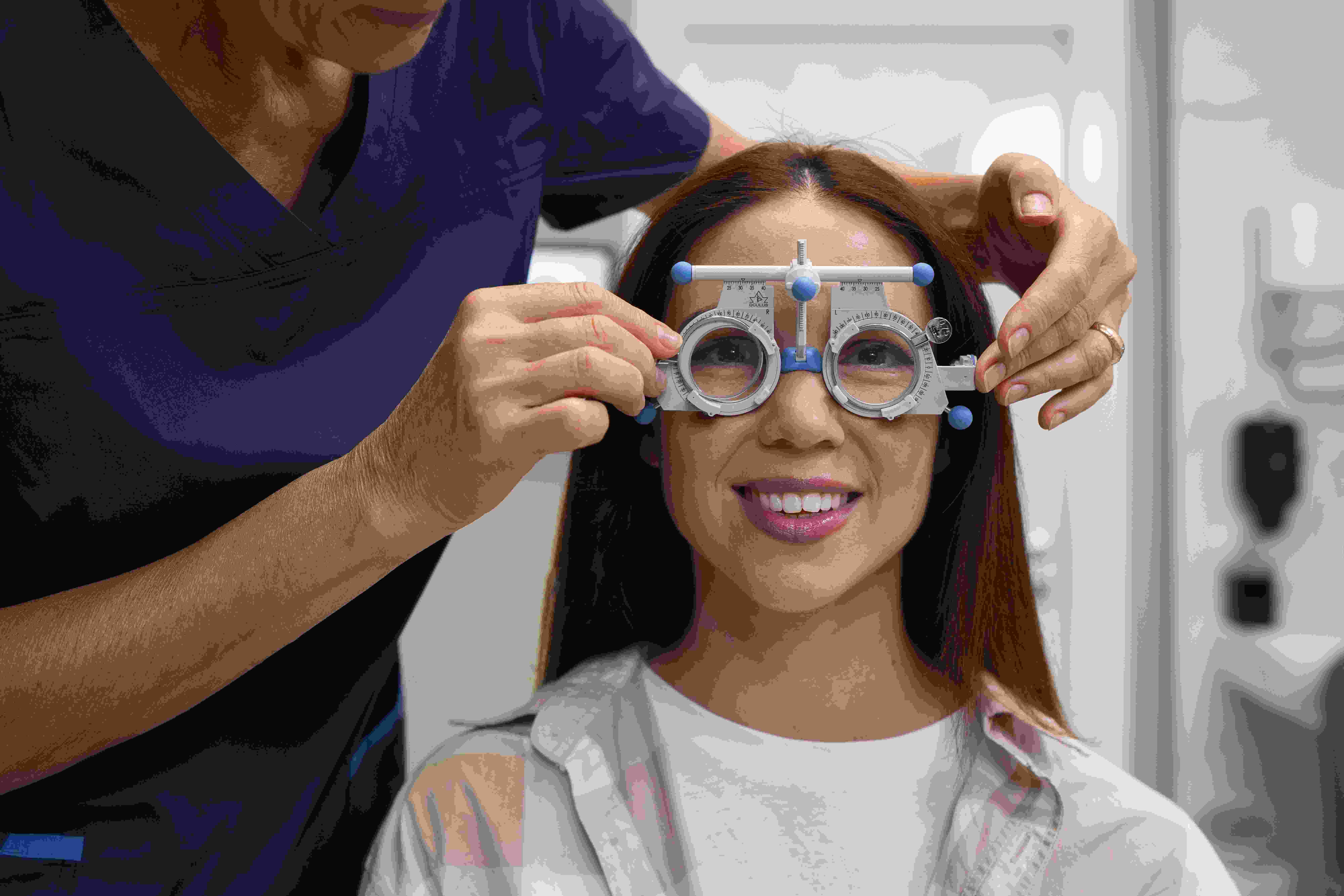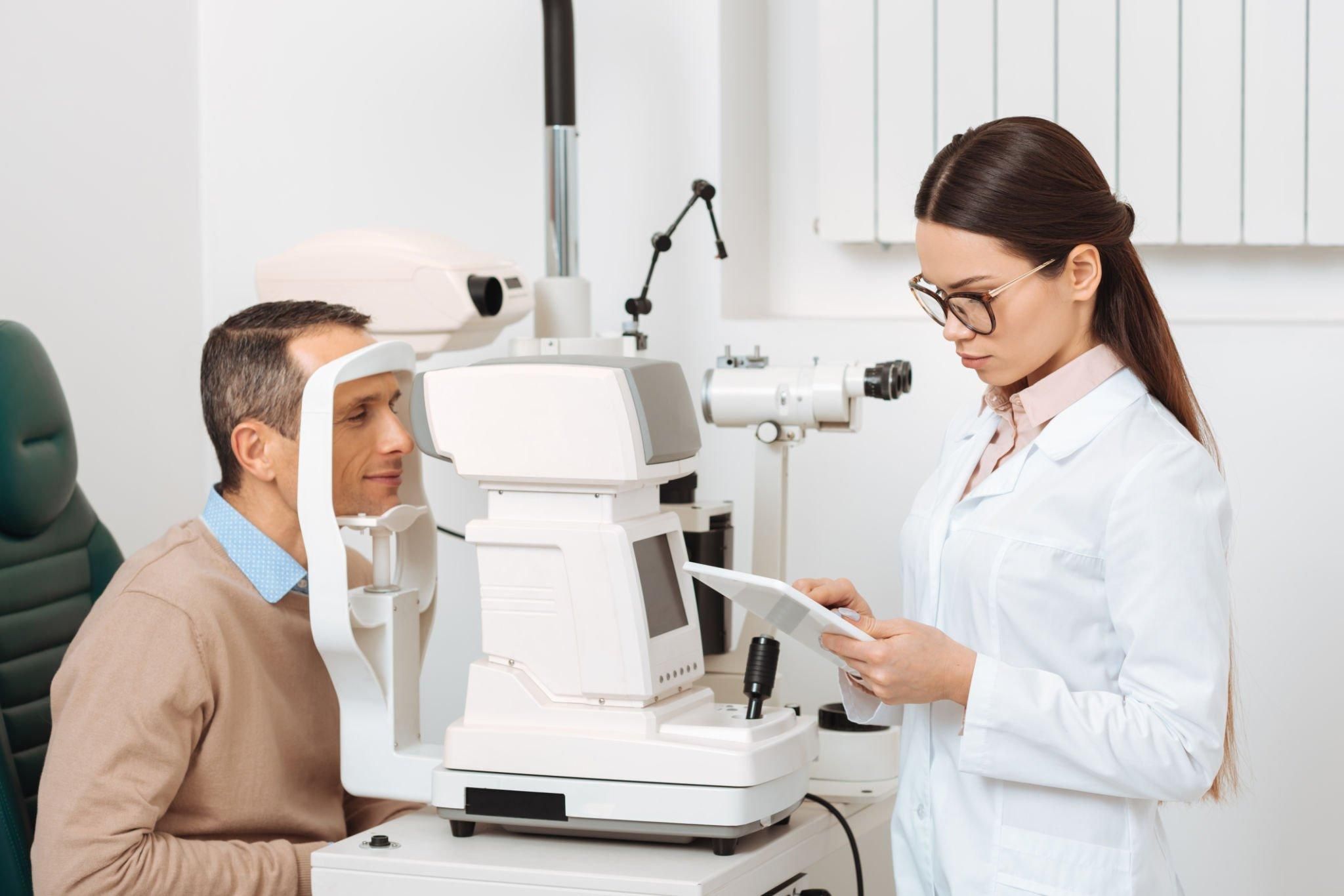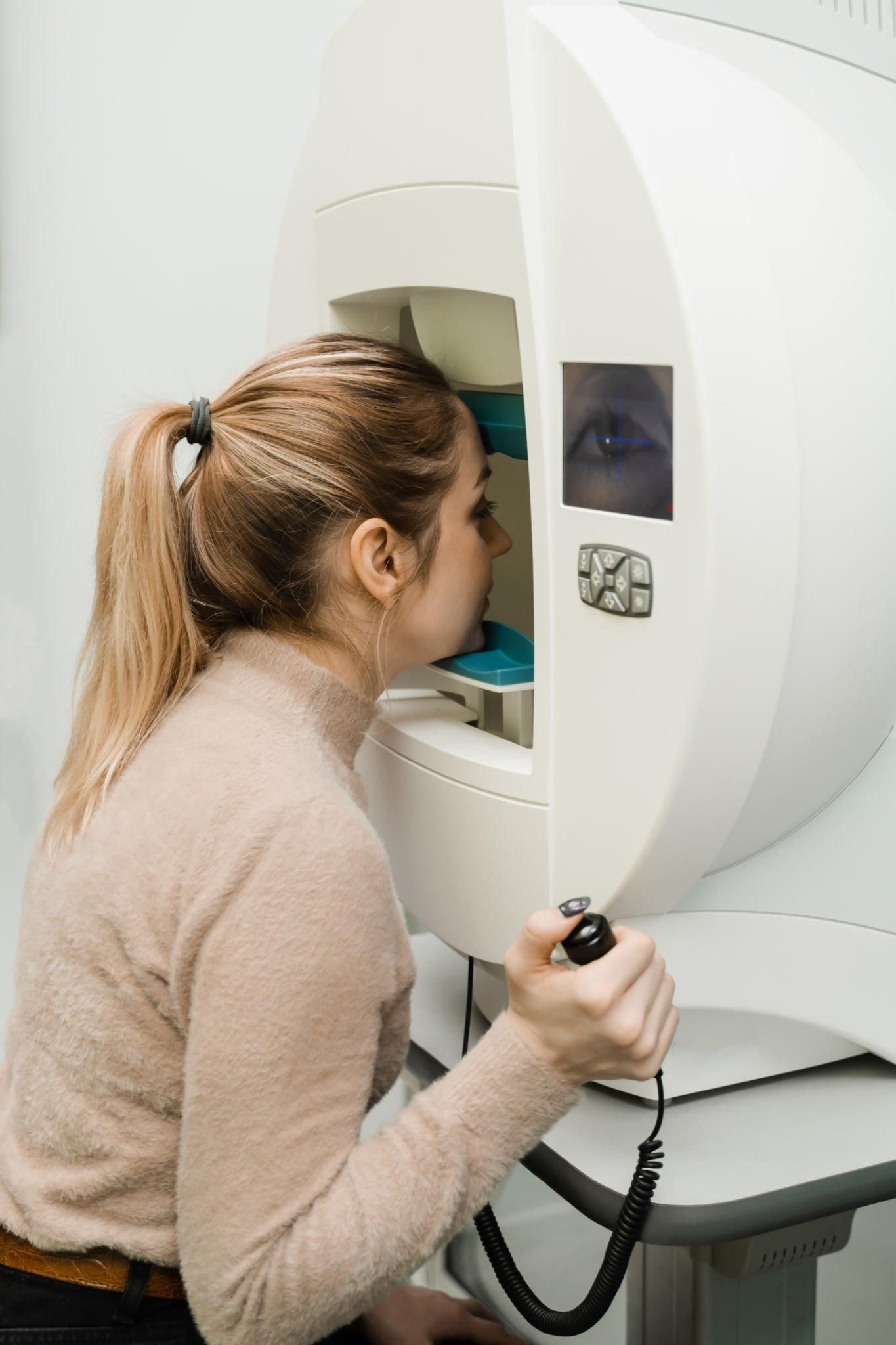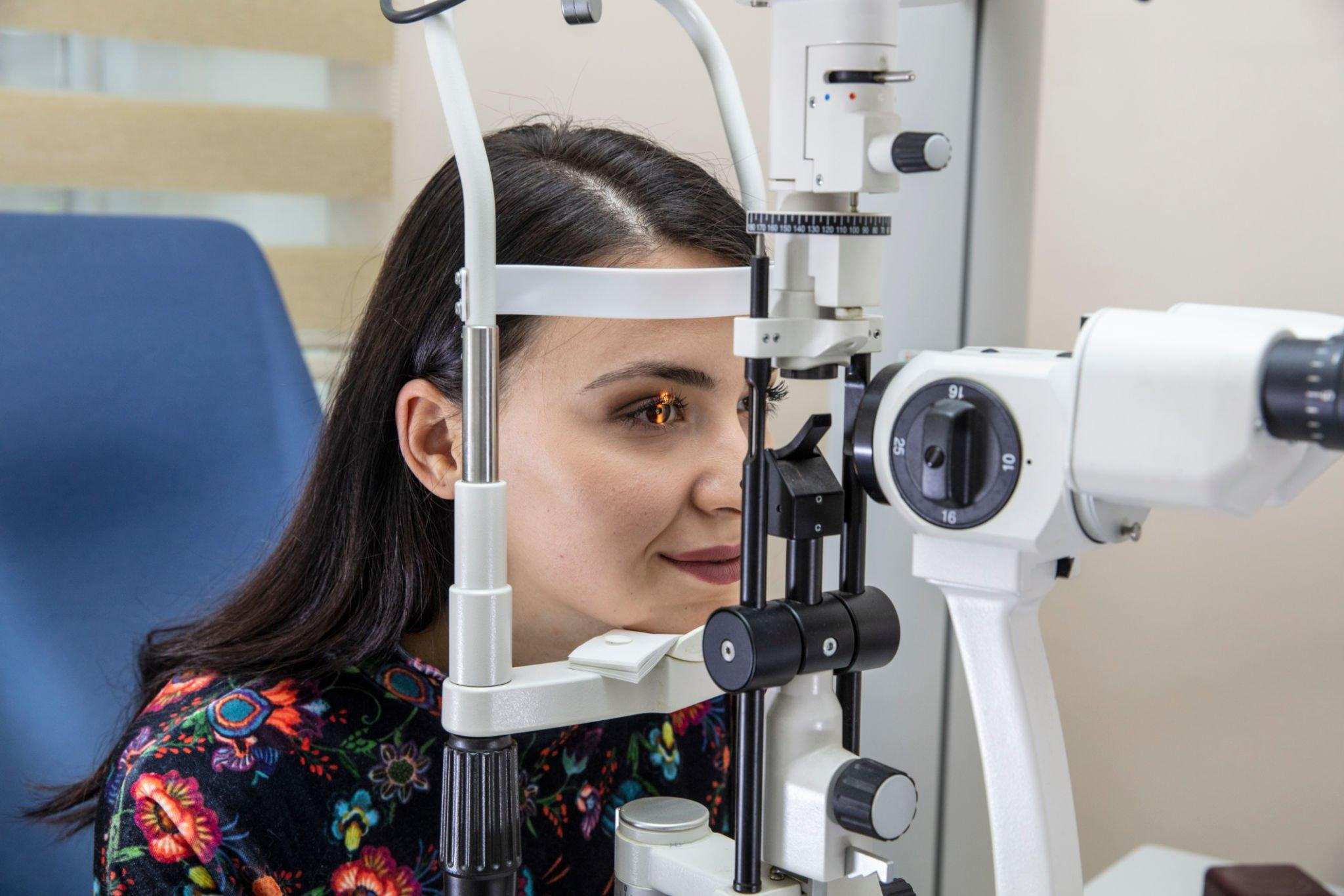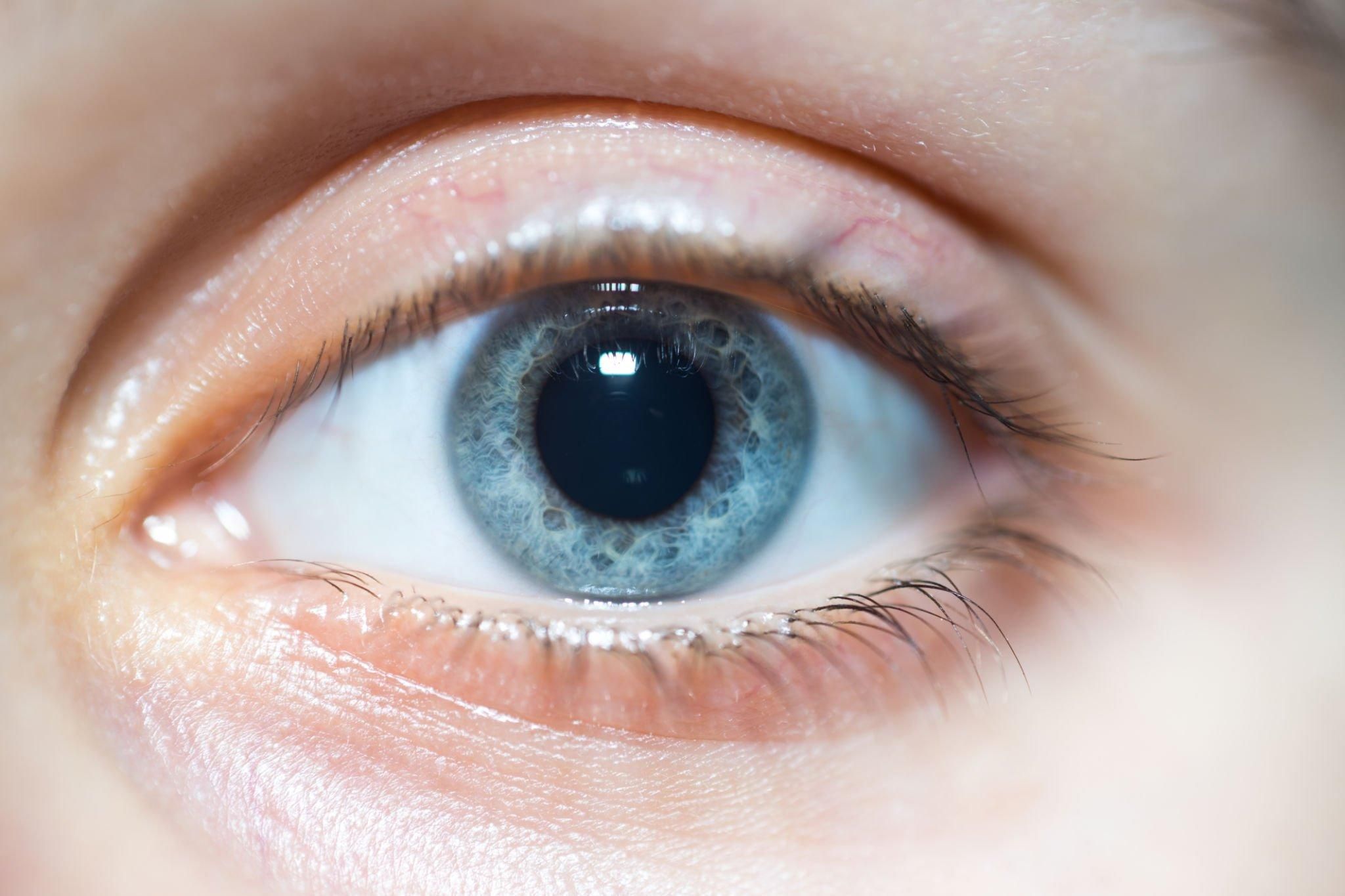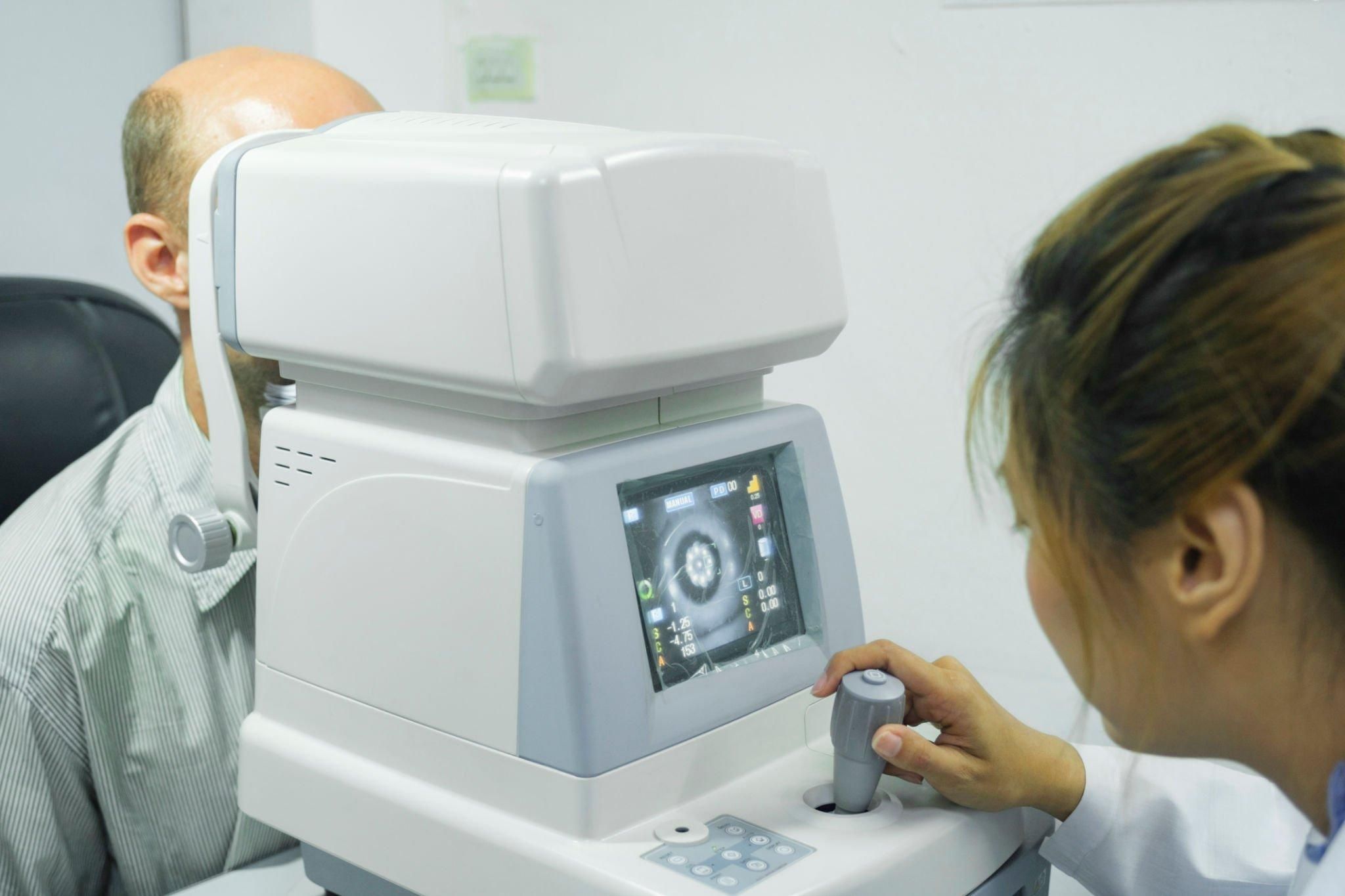Cataract surgery
Cataract Surgery
Cataract surgery involves removing a cloudy lens and replacing it with an artificial lens to restore clear vision.
Explore

About Cataract surgery
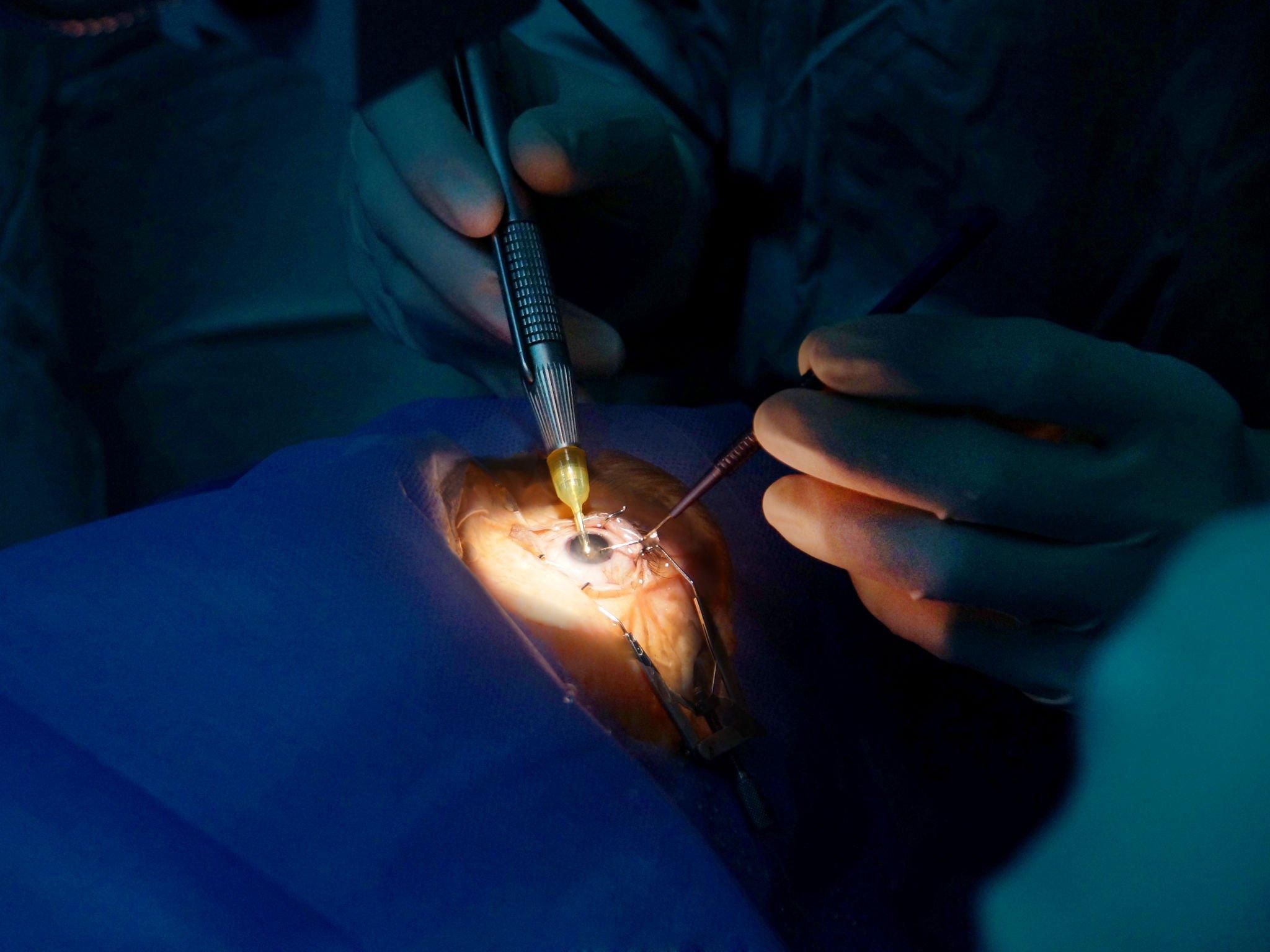
Clarity Through Innovation: Cataract Surgery in Comprehensive Eye Care
Cataract surgery is a common and highly effective procedure designed to restore clear vision by removing a clouded natural lens (cataract) and replacing it with an artificial intraocular lens (IOL). As a key component of comprehensive eye care, cataract surgery aims to improve visual function and enhance overall quality of life for individuals affected by cataracts.
Understanding Cataracts:
Cataracts result from the clouding of the eye's natural lens, which is typically clear. Common causes include:
- Aging: Most cataracts develop as part of the natural aging process.
- Genetics: A family history of cataracts may increase the risk of developing them.
- Medical Conditions: Conditions such as diabetes can contribute to cataract formation.
- Environmental Factors: Prolonged exposure to UV radiation or certain medications may play a role.
- Trauma: Eye injuries can lead to the development of cataracts.
Cataracts can cause blurry vision, glare, difficulty seeing in low light, and may ultimately lead to significant visual impairment if left untreated.
The Cataract Surgery Process:
Cataract surgery is typically performed on an outpatient basis and involves the following steps:
- Preoperative Evaluation: Assessing the overall eye health, measuring eye dimensions, and determining the appropriate IOL power.
- Anesthetic Administration: Numbing eye drops or a local anesthetic is used to ensure comfort during the procedure.
- Phacoemulsification: Using ultrasound energy to break up and remove the cloudy lens.
- IOL Placement: Inserting a clear artificial lens into the eye to replace the removed natural lens.
- Stitchless Incisions: Making tiny incisions that usually do not require stitches for closure.
- Recovery: Most individuals experience improved vision shortly after surgery, with minimal downtime.
Types of Intraocular Lenses (IOLs):
There are various types of IOLs, each offering specific benefits:
- Monofocal IOLs: Correct vision at one distance (usually distance vision), with the potential need for glasses for other tasks.
- Multifocal IOLs: Provide clear vision at multiple distances, reducing the need for glasses after surgery.
- Accommodating IOLs: Mimic the natural flexibility of the eye's crystalline lens, allowing for a range of focus without glasses.
- Toric IOLs: Correct astigmatism, addressing both cataracts and pre-existing astigmatism.
Postoperative Care and Follow-up:
Post-cataract surgery, individuals are provided with instructions for eye care and prescribed medications. Follow-up appointments are scheduled to monitor healing and address any concerns. Most people experience a significant improvement in vision and a reduction in dependence on glasses after cataract surgery.
Our commitment to cataract surgery in comprehensive eye care is centered on delivering personalized treatment plans, utilizing advanced techniques, and enhancing visual clarity for individuals affected by cataracts.

Other Services
Patient succes stories
Emma Davis
I recently underwent cataract surgery performed by Dr. Arup Chakrabarti, the Cataract surgeon at Dr. Ramesh Kumar Kurup & Sarada Memorial Hospital. Dr. Arup Chakrabarti's expertise and skill were evident throughout the entire process. The hospital's facilities were modern and well-maintained, creating a comfortable environment. Dr. Arup Chakrabarti's clear communication and personalized care made the entire experience smooth and reassuring. I am grateful for the excellent service provided by Dr. Chakrabarti and the dedicated staff at Sarada Memorial Hospital. I highly recommend their services for anyone considering cataract surgery.
Cataract surgeon
Dr. Arup Chakrabarti
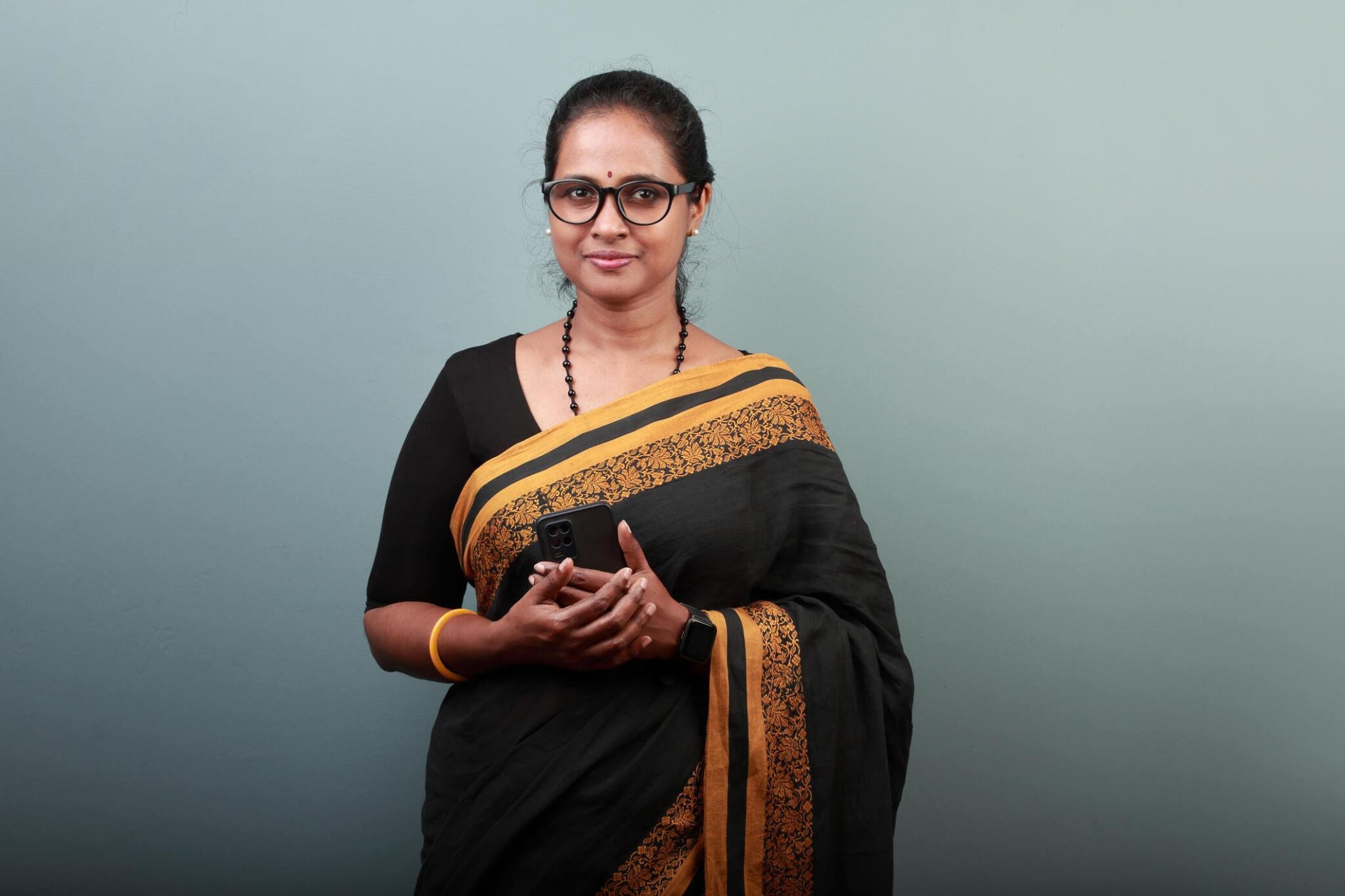
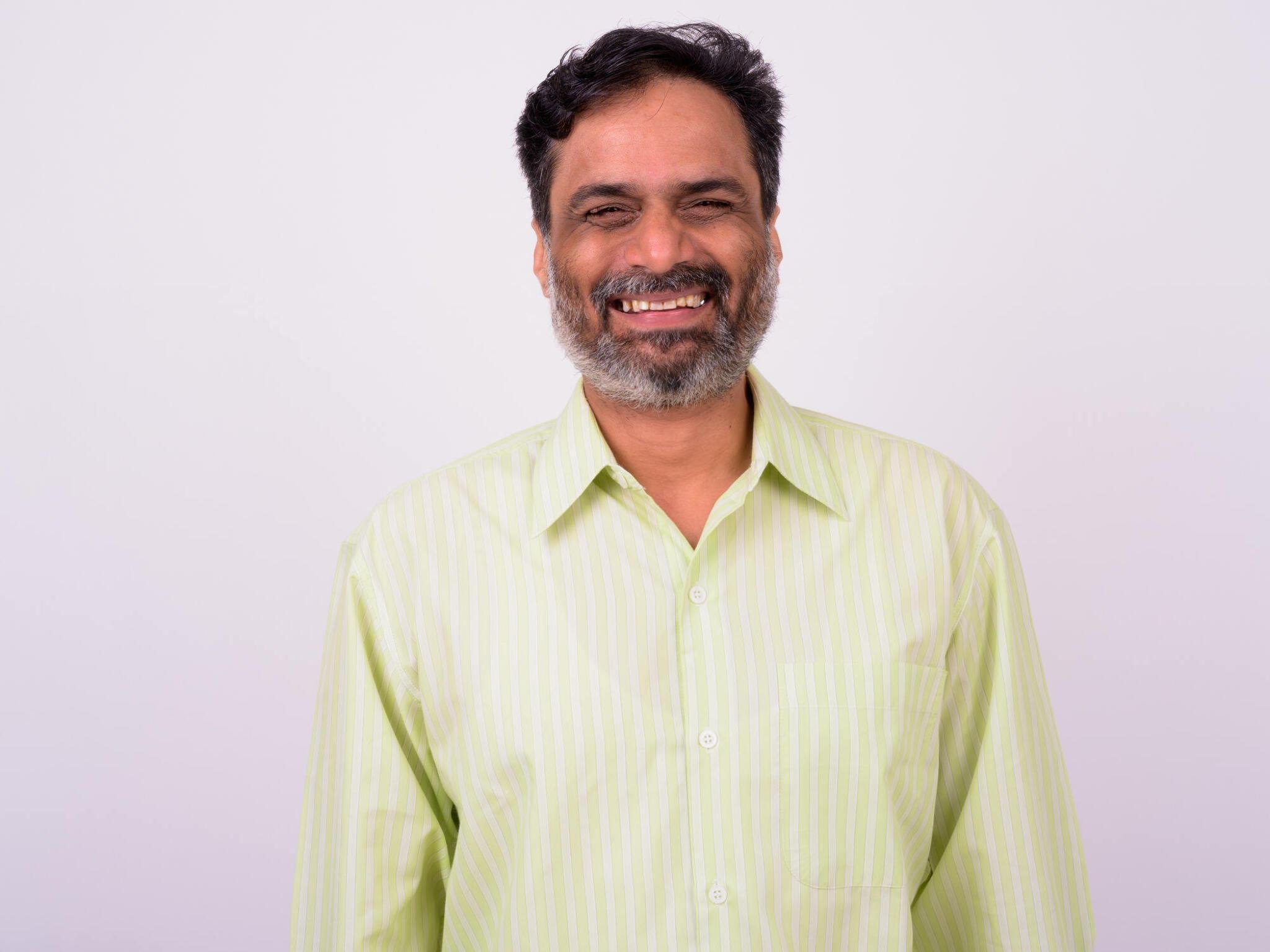
Mohan Pillai
I recently had the pleasure of being under the care of Dr. Meena Chakrabarti, a senior consultant at dr. Ramesh Kumar Kurup and Sarada Memorial Hospital. Dr. Meena Chakrabarti's professionalism and extensive knowledge in eye care were truly commendable. From the initial consultation to the follow-up appointments, her dedication to patient well-being was evident. The hospital's facilities were modern, and the support staff was efficient and courteous. Dr. Meena Chakrabarti's personalized approach and thorough explanations instilled confidence in the treatment process. I highly recommend Dr. Chakrabarti and Dr.Ramesh Kumar Kurup Sarada Memorial Hospital for their exceptional eye care services.
Senior Consultant
Dr. Meena Chakrabarti
